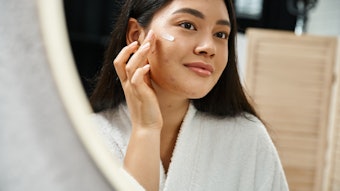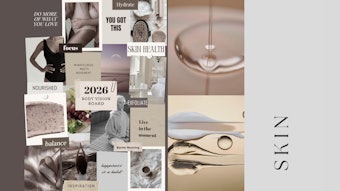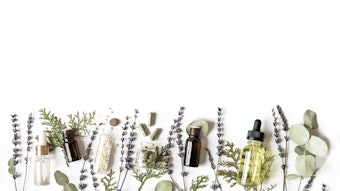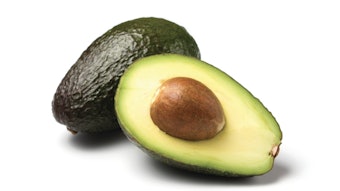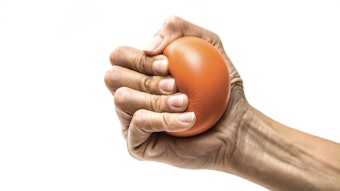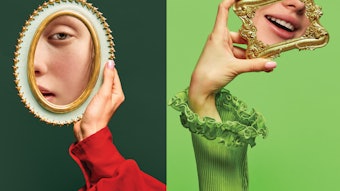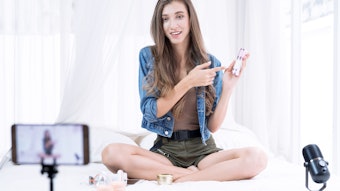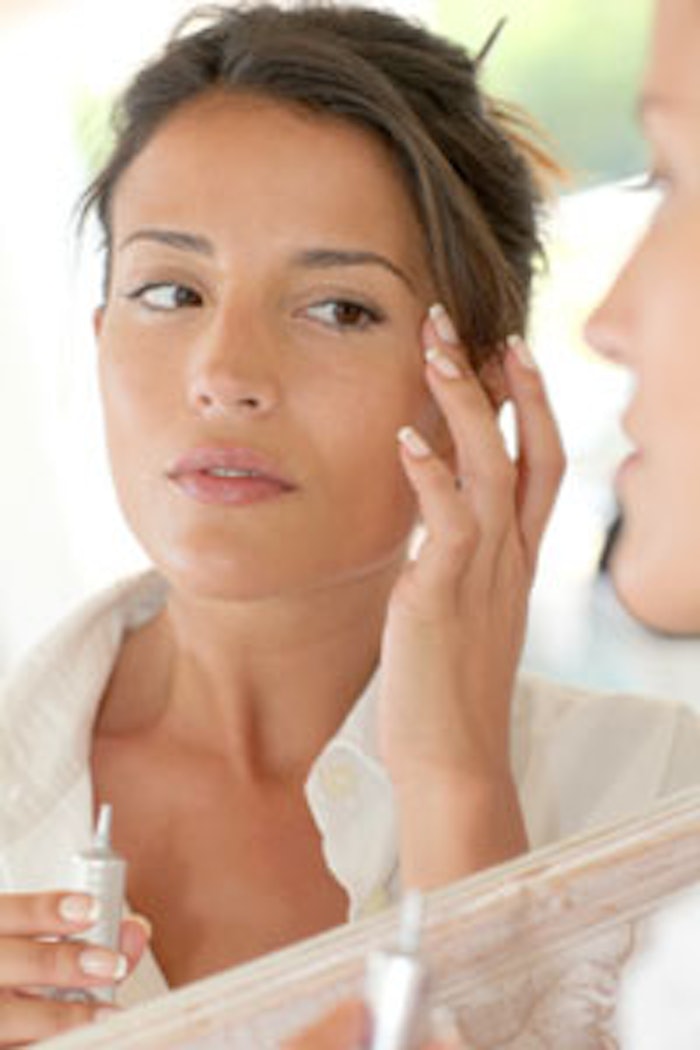
"Don’t Smile, It Ages You," a blog post by Larissa Jensen, director and beauty industry analyst with The NPD Group, shares Jensen's perspective on how aging can affect the perception of one's own beauty—and how many women are feeling that perception shift at a younger and younger age.
She writes, "The memory is still fresh in my mind. I was in my mid-twenties killing some time at a department store in Manhattan before meeting my boyfriend for dinner. I stopped at a beauty counter and started fiddling with an instructional display that promised to tell me what skin care to buy if I answered some questions. When I got to the last question, 'Do you have any wrinkles?' I confidently adjusted the knob to say “no.” At that moment the beauty advisor looked over my shoulder and said that I should answer yes to that question. I must have looked confused, because within seconds she shoved a handheld mirror to my face and said 'Smile.' When I did, I saw them&mash;wrinkles, all over my face. I was shocked, and vowed never to smile again.
"Of course, that vow was short lived. I love to laugh and my boyfriend was funny, so I laughed a lot. But ever since that day, I was more aware of my age than I had ever been. Was I old? Certainly not, but for the first time in my life, I began to realize that I was not getting any younger. I had an especially rough time turning 30. I woke up and saw my mother’s face staring back at me in the mirror. My mother is beautiful, but she is way older than me. So I freaked out, and started buying any anti-aging cream and serum that promised to slow down the hands of time. It turns out my experience is quite common.
"Gen Y, or women ages 25–34 years old, are a key age demographic in the world of anti-aging skin care. Thirty-nine percent of the Gen Y demographic considers anti-aging benefits to be important, a significant leap from the 19% of 18–24 year olds who agree. And this demographic is low hanging fruit. She is new to the world of anti-aging, and not yet jaded by the sometimes over-promises of many anti-aging creams. Only 33% of Gen Y skin care consumers agree that they 'find many anti-aging products to be ineffective,' compared to the 44% or more of women over 35 years who agree with that statement. Capturing this consumer during such a pivotal point in her brand usage development can lead to a loyal customer. I’m a prime example, as I still almost exclusively use the brands that I discovered during my Gen Y years.
"I’m now older and wiser than the twenty-something young woman I was at that beauty counter, but I am no less resentful of that beauty advisor because I remain self-conscious about my wrinkles to this day. I care much less than I used to, especially since I ended up marrying that funny boyfriend. Nearly 12 years later my husband still cracks me up, and I smile a lot. Wrinkles be damned," Jensen concludes.
